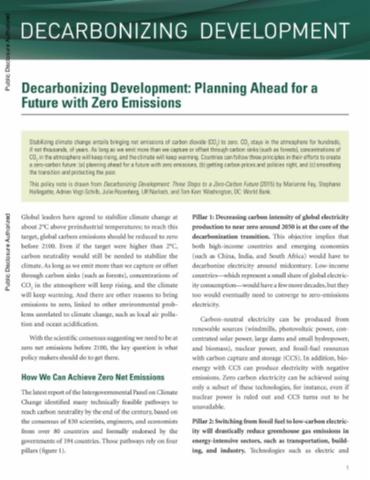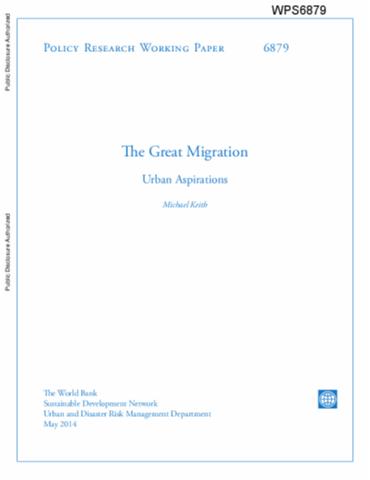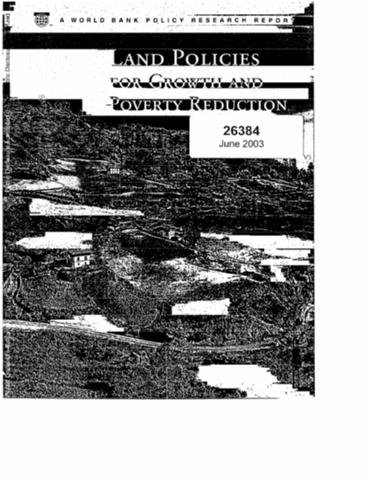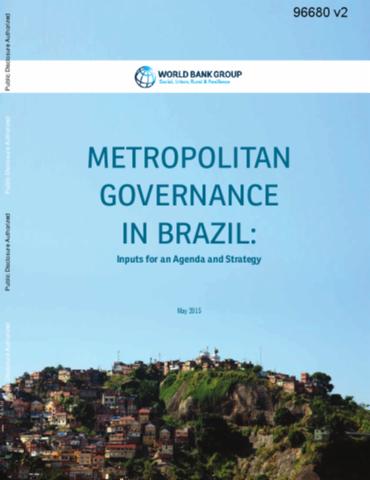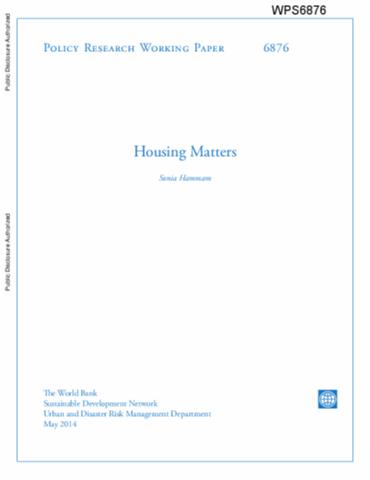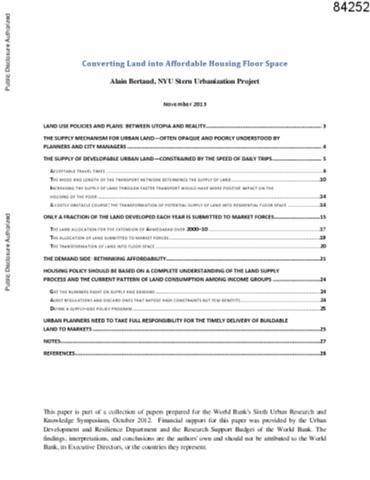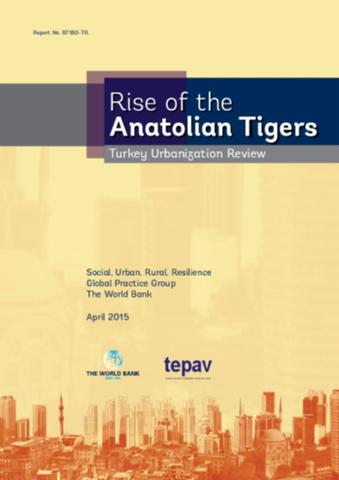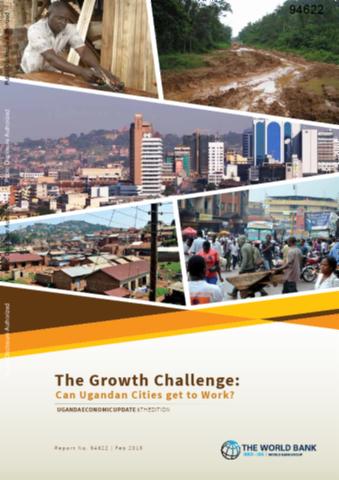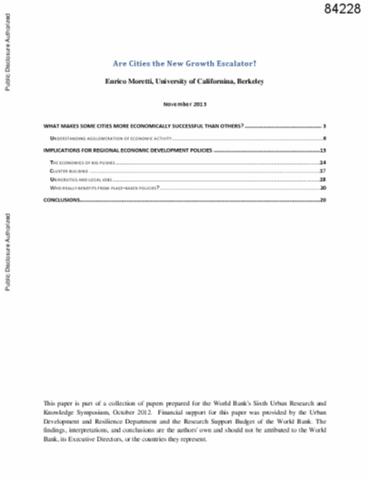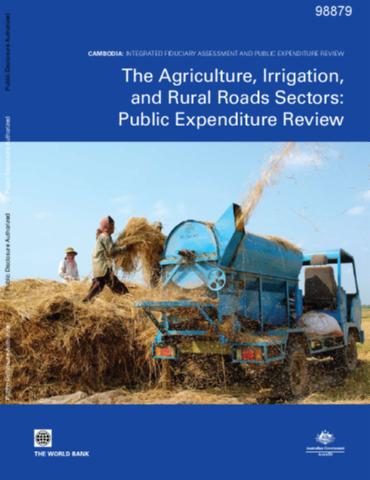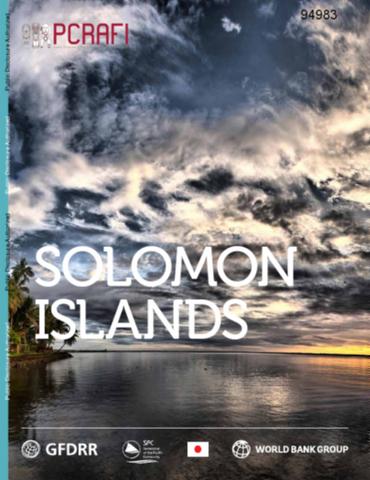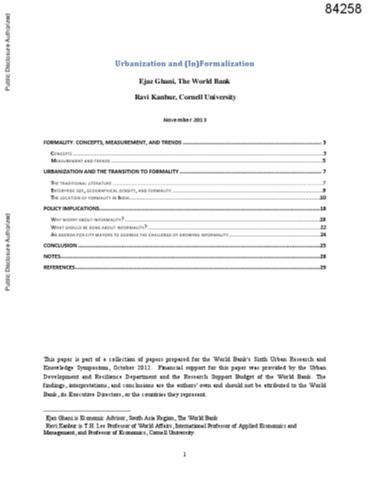Decarbonizing Development
Stabilizing climate change entails bringing net emissions of carbon dioxide (CO2) to zero. CO2 stays in the atmosphere for hundreds, if not thousands, of years. As long as we emit more than we capture or offset through carbon sinks (such as forests), concentrations of CO2 in the atmosphere will keep rising, and the climate will keep warming. Countries can follow three principles in their efforts to create a zero-carbon future: (a) planning ahead for a future with zero emissions, (b) getting carbon prices and policies right, and (c) smoothing the transition and protecting the poor.

